It was a week marked by uncertainty and chaos on Sri Lanka’s political stage, as key developments tested the government’s resolve and challenged the unity of the country’s institutions. With the local government elections set for 06 May 2025, the government finds itself in a challenging situation, fighting on multiple fronts, both politically and socially, with little room for error.
A significant flashpoint came from the Colombo High Court, where Judge Nawaratne Marasinghe ordered a summons for the fourth witness in the case against businessman Mohamed Ibrahim and two other defendants in connection to the 2019 Easter Sunday attacks. Ibrahim, whose two sons were suicide bombers in the horrific bombings that killed over 270 people, including children, had in the past maintained close links with the now-ruling party, having served as a financier during its earlier days.
Calls for justice continue to come from religious leaders. Both Ven. Galagoda Aththe Gnanasara Thero and His Eminence Malcolm Cardinal Ranjith have been vocal in demanding accountability for the Easter Sunday carnage, each employing different strategies and messages. Interestingly, this past week saw Gnanasara Thero retreat into silence. At the same time, Cardinal Ranjith re-entered the public sphere with a more composed yet firm tone, reminding the government that justice is to be served.
In contrast, the once-dominant Batalanda controversy has now primarily fizzled out. The war of words between the JVP-led NPP government and the United National Party over the events of the 1989 rebellion has come to a quiet end with no real political winner. The debate left the public exhausted, and the political capital expected by either side never materialised.
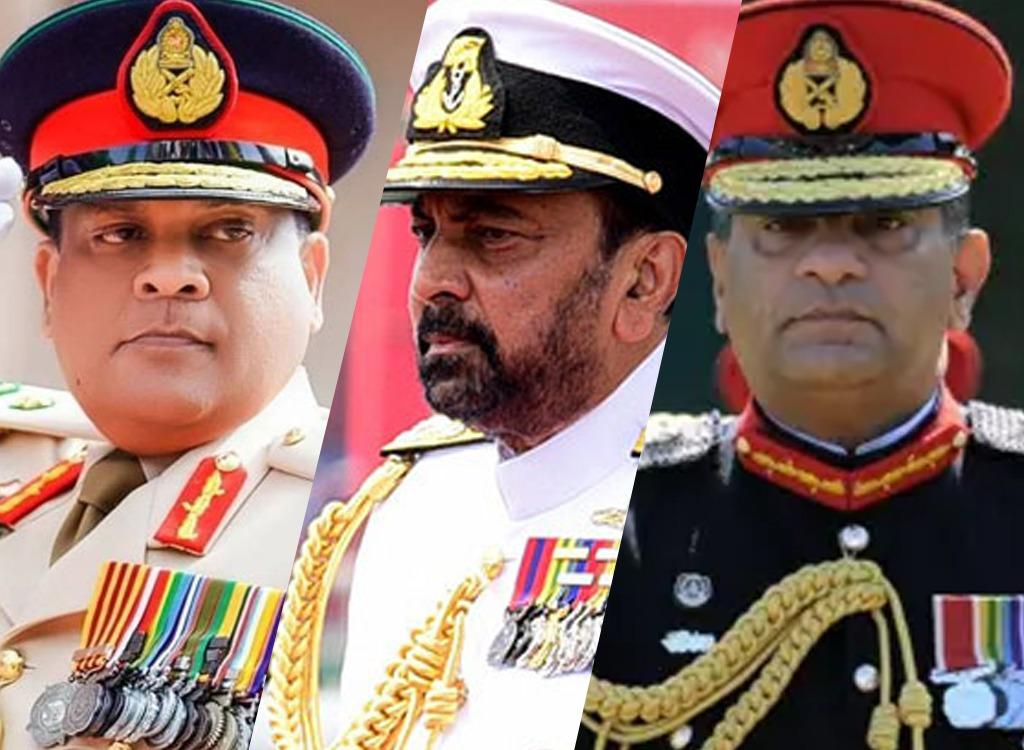
Amidst that, an international controversy struck at the heart of Sri Lanka’s military establishment. The UK government imposed sanctions on several prominent figures for alleged serious human rights abuses during the country’s three-decade-long civil war. The names included Shavendra Silva, Wasantha Karannagoda, and Jagath Jayasuriya, three of the most senior commanders involved in the final phase of the war. The fourth name was former LTTE commander turned politician Karuna Amman.
The absence of Field Marshal Sarath Fonseka, the war-winning Army Commander, from the sanctions list sparked surprise and debate. Firebrand politician, and the master of conspiracy theories, Wimal Weerawansa led the charge in questioning the fairness of the sanctions, going so far as to question the deliberate omission of Fonseka while vigorously defending the three war heroes.
Public support came in waves for the military leaders. While Karuna Amman found no defenders, the other three commanders were hailed in parts of the media and by sections of the public as heroes who protected the nation. The government’s silence in the immediate aftermath of the UK sanctions only deepened confusion. When Deputy Defence Minister Retired Major General Aruna Jayasekera was asked to comment by the media, he brushed off the question, stating that he was unaware, an answer that raised eyebrows in military and political circles.
The government’s official response came later from Foreign Minister Vijitha Herath, who issued a cautiously worded, politically safe statement. However, before Herath’s comments reached the public, former President Mahinda Rajapaksa seized the moment and issued a strong public statement. Rajapaksa defended the three commanders, claiming full responsibility for defeating terrorism, and once again stepped into the limelight, taking accountability for one of the defining military victories in the nation’s modern history.
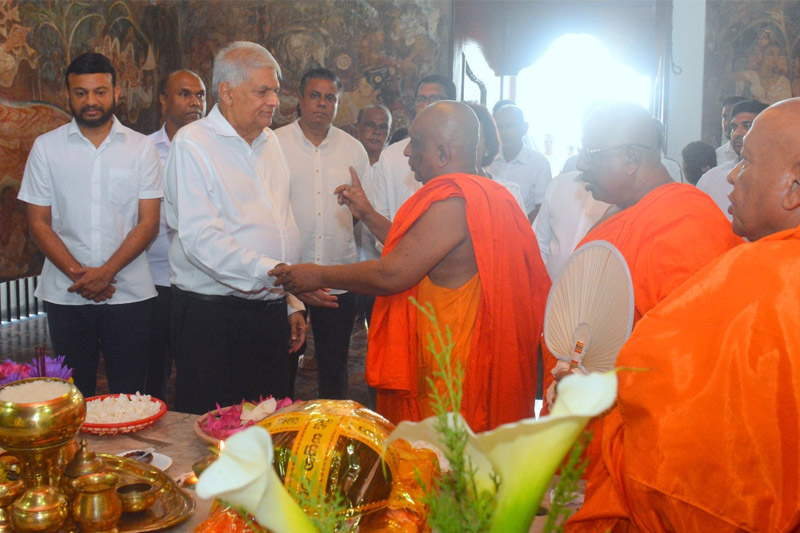
While Rajapaksa re-entered the headlines, another elder statesman, former President Ranil Wickremesinghe, celebrated his 76th birthday at a religious ceremony at Sedawatta Weheragoda Purana Viharaya, a temple closely associated with the Wijewardene family. Wickremesinghe has increased his public appearances in recent weeks, sharpening his tone against the AKD government, accusing it of failing both on the economic front and in its foreign policy strategies.
The growing number of challenges ahead of the 06 May 2025 local government elections has left the government looking vulnerable. The JVP led NPP administration, still powered mainly by President Anura Kumara Dissanayake’s personal popularity, is finding it hard to manage a cabinet that offers little support and a Parliament filled with inconsistencies and internal contradictions.
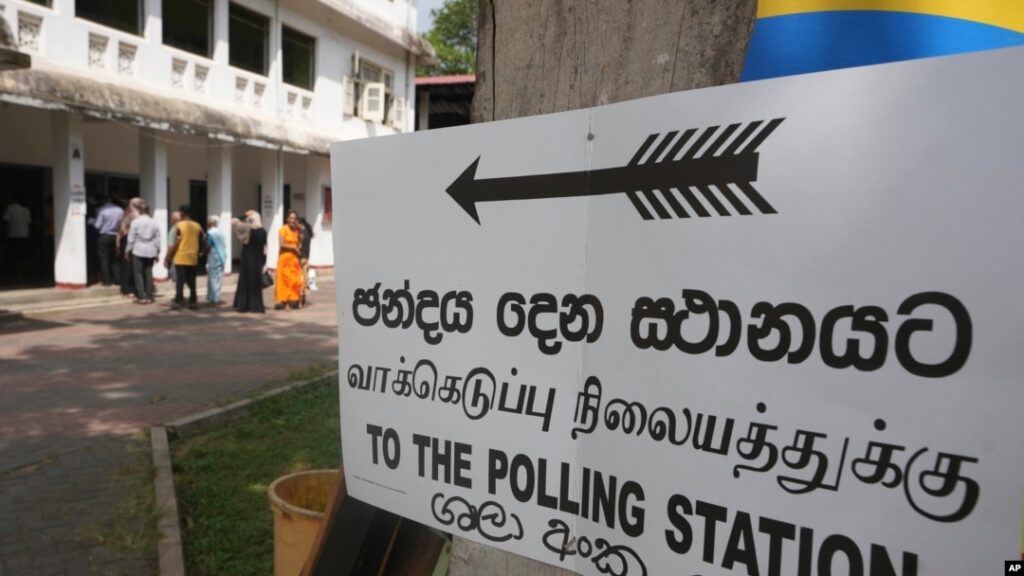
The government is still expected to win the election, thanks in part to the disarray within the opposition, but the margin of victory will be crucial. A convincing win would affirm public support and give the administration much-needed breathing room. A narrow victory, however, could send shockwaves through the ruling coalition and embolden opposition forces significantly ahead of further national challenges.
The more significant battle remains in reviving the economy and delivering the social change promised during the 2024 election campaign. The honeymoon period is over. Voters are now looking for results, not rhetoric. And while the opposition remains divided, public patience is not unlimited.
This week showed that Sri Lanka’s political stage is not just shaped by elections and budgets; it is a tangled web of unfinished justice, international diplomacy, military legacy, and religious influence. Already burdened by expectations, the government now faces the enormous task of navigating a storm of issues before voters return to the ballot box in May.
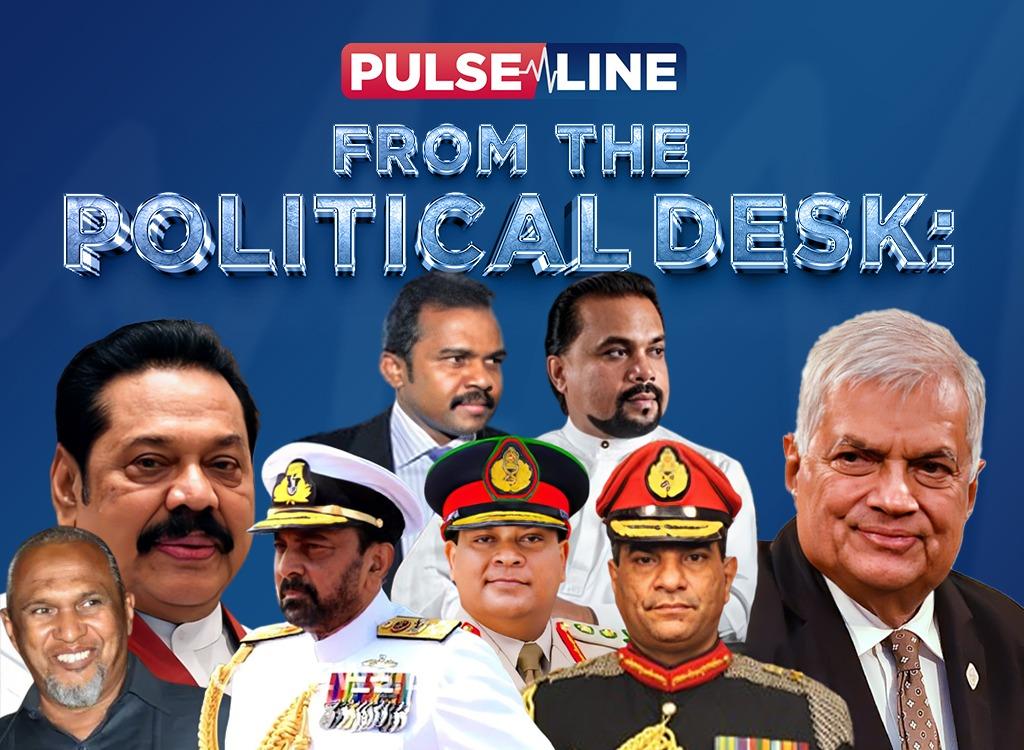
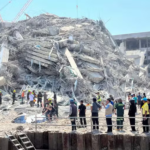
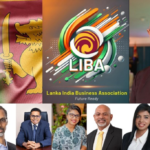
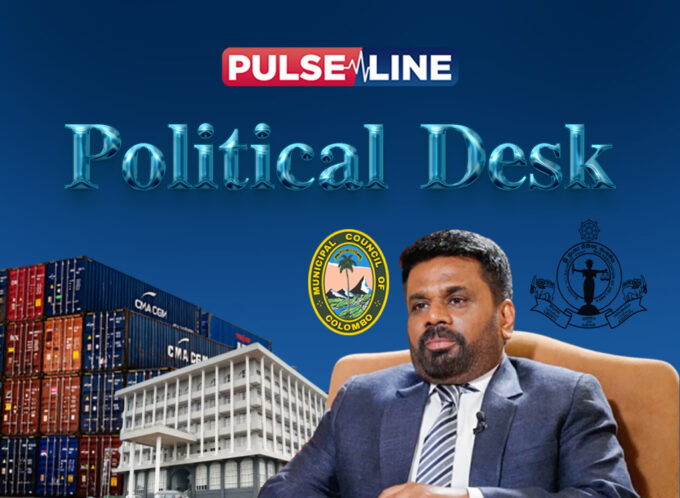
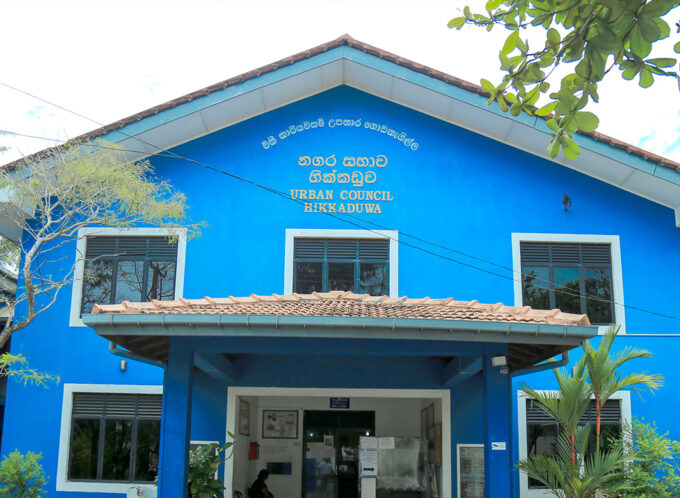
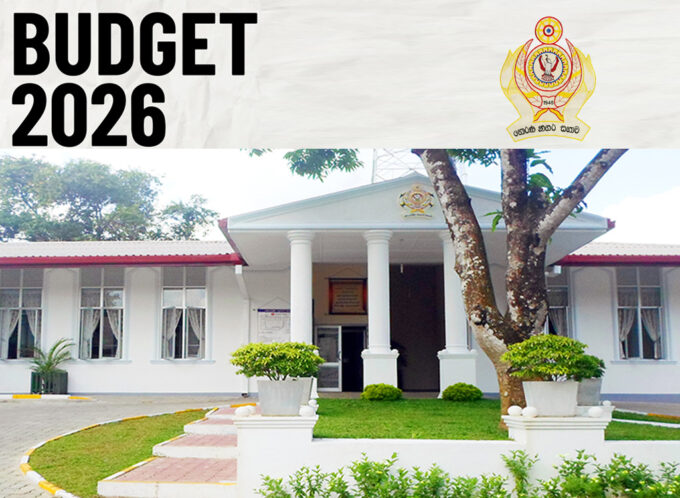
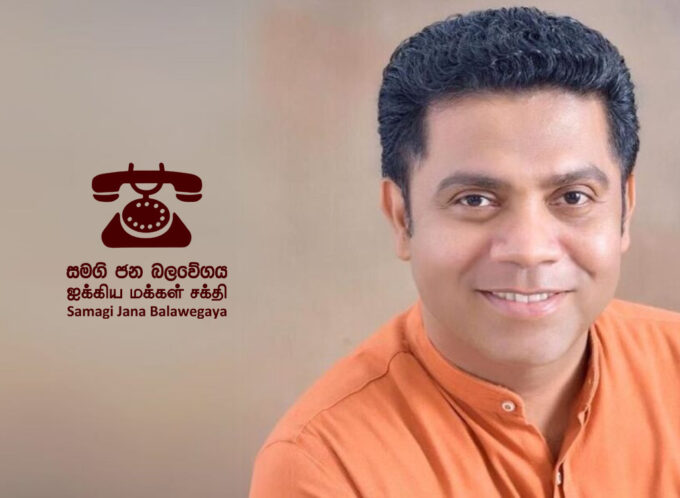

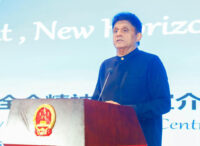
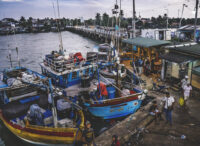

Leave a comment